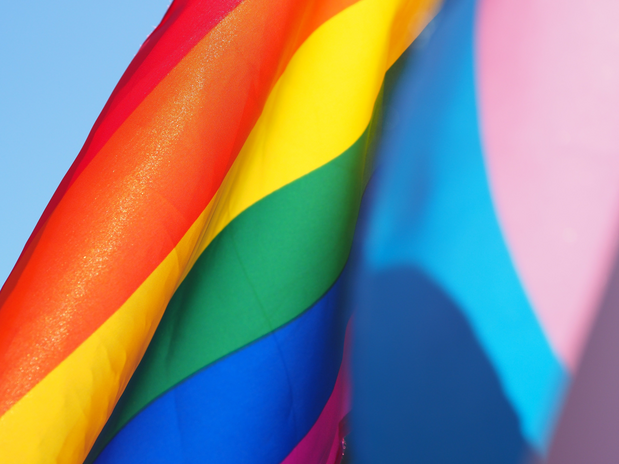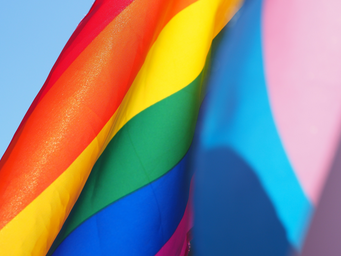“We have to bid adieu to prejudices and empower all citizens” – Dipak Misra, Chief Justice of India 2017-2018
South Asia consists of India, Pakistan, Sri Lanka, Bangladesh, Bhutan, Nepal, Maldives, and Afghanistan.
LGBTQ rights within the region are regarded as an ongoing battle to be won on many fronts, particularly in terms of wider acceptance by the conservative communities.
The lack of LGBTQ+ rights, in India and Sri Lanka particularly are products of the colonial period. During the colonial era, Section 377 was enacted by Britain’s Lord Macaulay to prevent homosexual activities and this law remains a part of the constitutions of the countries listed above. Section 377 also contributes to the stigmatization of LGBTQ+ individuals as ‘criminal’ which is a large part of why there is a lack of acceptance and protection for LGBTQ+ individuals within South Asian communities.
In Afghanistan, Maldives, and Pakistan, the adequate acceptance and legalization of LGBTQ+ individuals and their fundamental rights grapple with the presence of the sharia law.
But not all hope is lost within South Asia for LGBTQ+ individuals. In 2007, Nepal put forth a ruling which resulted in the legal protection for LGBTQ+ individuals and the official recognition of a third gender. Likewise, legislation acknowledging a third gender (known in parts of South Asia as ‘hijra’) and enabling people to change their legal gender has also been passed in Pakistan, Bangladesh, India, Sri Lanka, and Bhutan.
Propitiously, despite the prevalence of the Sharia law, Pakistan celebrated its first trans pride parade on the 29th of December 2018, following The Transgender Persons (Protection of Rights) Act passed in May of that year. This act legally recognized the right for people to choose their own gender and have that identity recognized on all official documents, as well as prohibiting discrimination at schools, work, on public modes of transport, and medical care. Similarly, in 2018, India’s supreme court finally decriminalized homosexuality and abolished Section 377.
As noted above, South Asia is a region that is intensifying the calls for the repeal of anti-LGBTQ laws and ending all forms of discrimination on the basis of sexual orientation. As hopeful as we may be, there is still a lot of work to be done particularly in the realm of wider and genuine communal understanding and acceptance. There should be more programs such as the 2019 Forum Advancing Legal and Social Equality in South Asia, held in partnership with the United Nations Development Programme (UNDP) which reflect upon the political and legal developments within the region, as well as how to effectively mobilize and engage with societies to promote greater social acceptance, especially in terms of sensitizing institutions such as the police, health care, and media. In Nepal, the suggestion is a focus on humanistic storytelling through unbiased media representation, multimedia production, and sharing narratives of marginalized voices to the wider society. Such a policy could hopefully destigmatize LGBTQ+ issues and break down conservative attitudes towards the LGBTQ+ community, thus promoting understanding, acceptance, and equality.
The other major issue that needs to be focused on with regards to the South Asian LGBTQ+ community is ensuring that LGBTQ+ individuals are aware of their human rights and are empowered to exercise them. Sadly this is frequently not the case, especially in rural areas.
The unjust systems and uneducated perspectives prevailing in South Asia delay the justice and the fundamental rights of LGBTQ+ individuals. As the saying goes, justice delayed is justice denied, and people from the South Asian region need to stand up for those marginalized and have uncomfortable but necessary conversations with the relevant parties. It is simply unacceptable and ignorant to discriminate against someone for their choice of identity or sexual preference and to deny anyone their human rights. To paraphrase Nelson Mandela:
“No one should be denied the right to live the life they believe in.”



